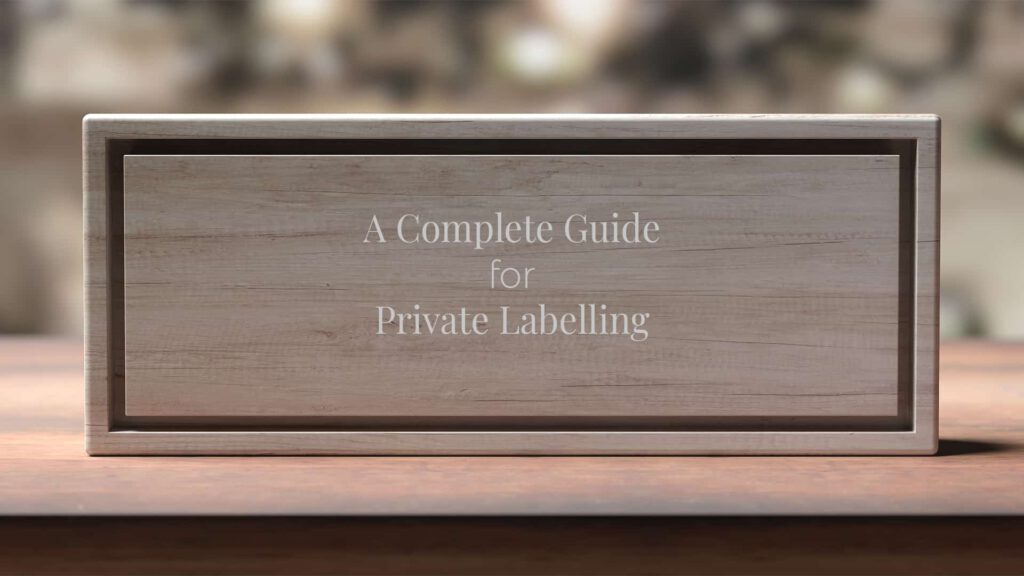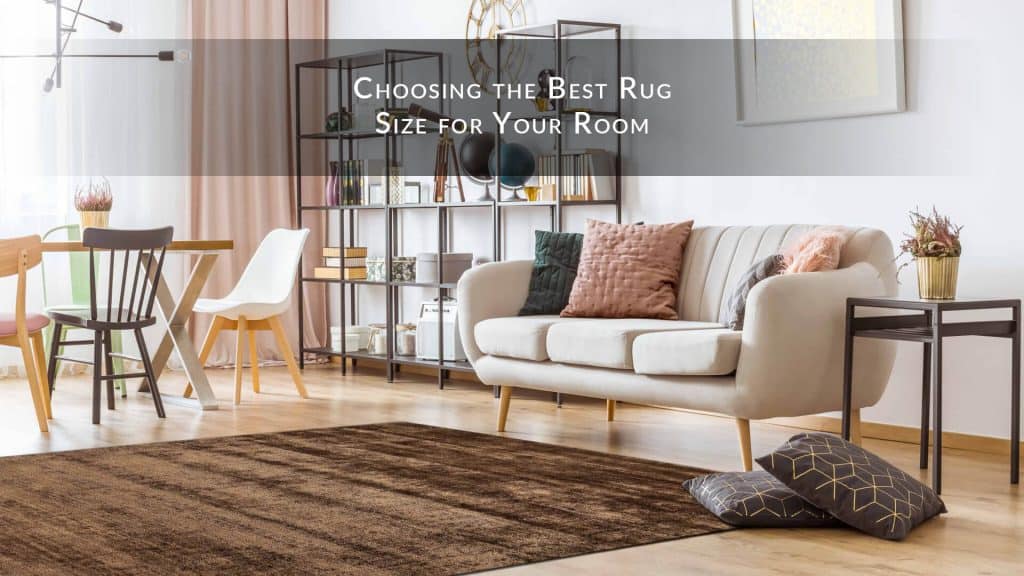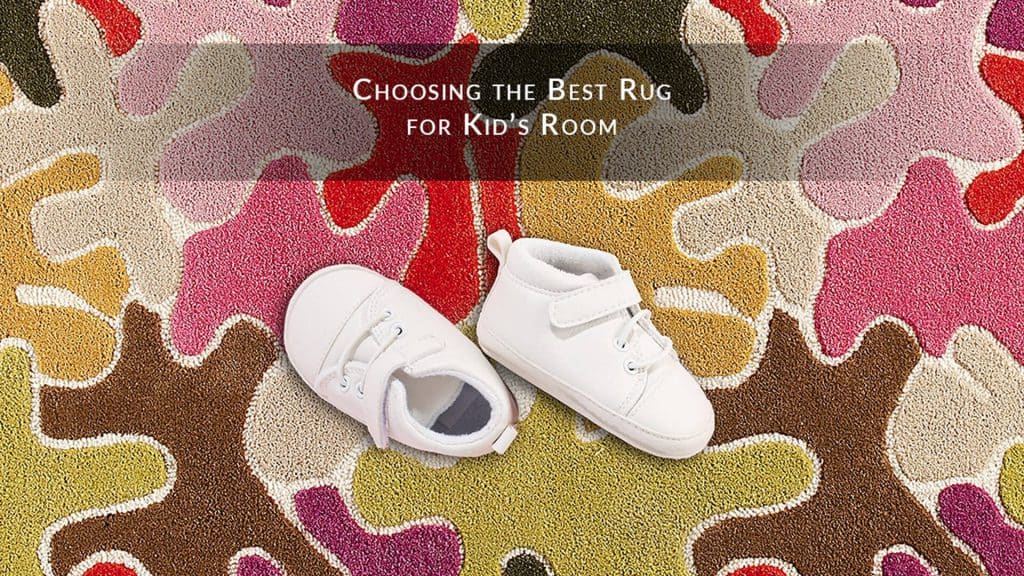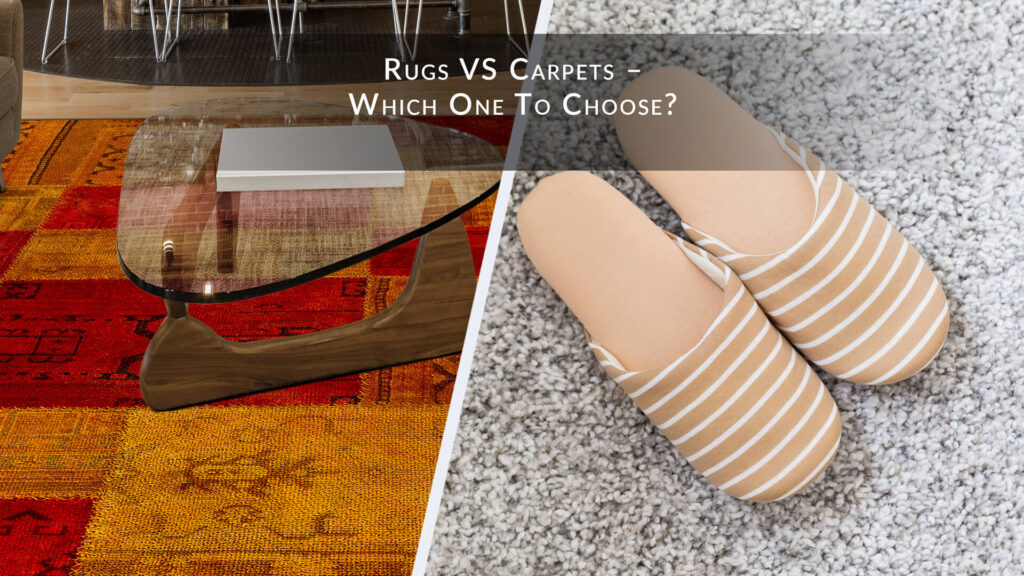A Complete Guide For Private Labeling: There are times when a retail corporation or an e-commerce startup might struggle with the production of its products. The constraints are many; whether it’s time or quality, or the cost of setting up a production facility. In such cases, most companies take advantage of a concept called private labeling.
Private labeling in rugs industry is a process where goods or services are manufactured by a production house, but marketed under another brand’s name. Though the e-commerce industry or the retailers are in charge of the product specification and budget, the production and its delivery are taken care of by the manufacturer. This not only increases brand awareness but also employs efficiency in cost reduction. Situations such as these are beneficial and profitable for the startups as their divided focus shifts from production to advertising.
Guide For Private Labeling
Current Trends of Private Labeling
At present, private labeling companies control almost 48% market share. Even though the manufacturer is not exclusive to any company, but due to the variance in advertising strategies and the product placement and design, the market for this singular product is expanded via different outlets. Thus generating more economy and more consumer insights. Though the strategy is not new, the rise in private labeling is stretching.
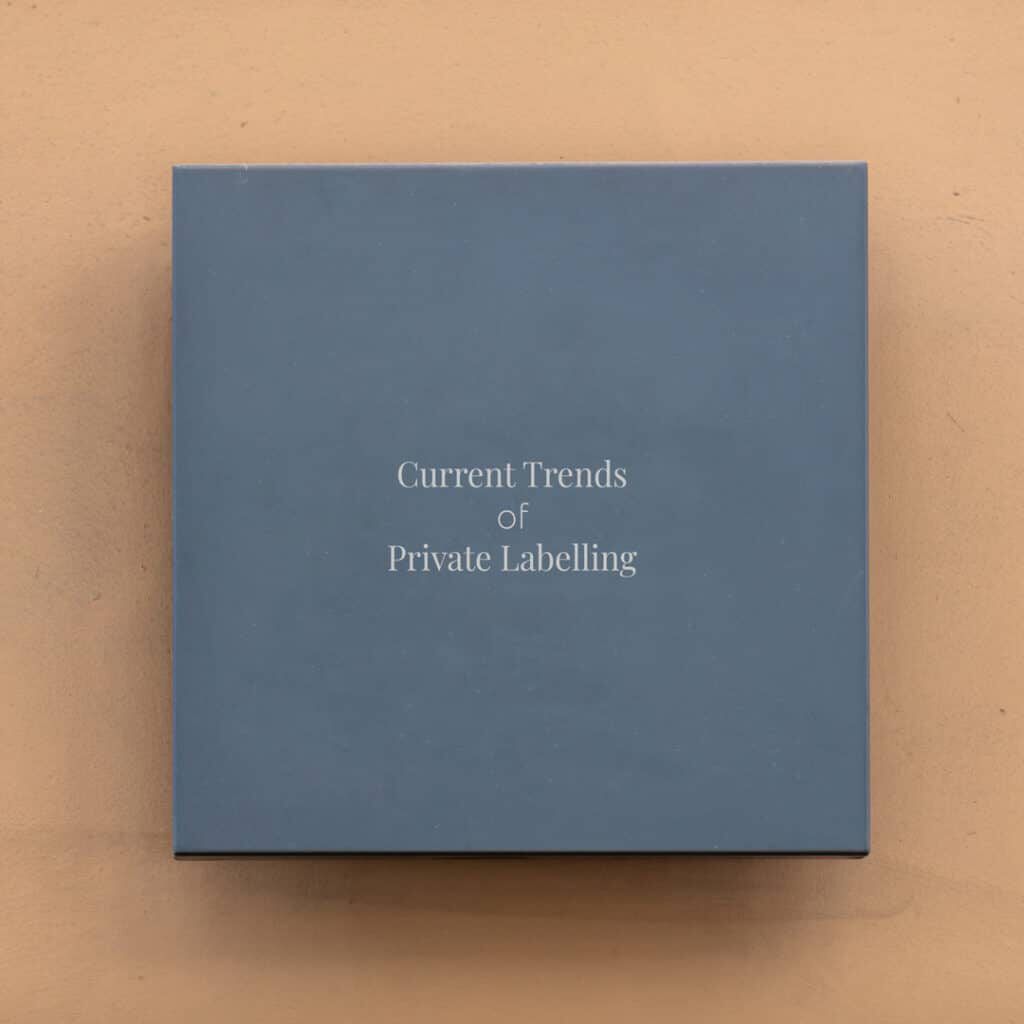
One can always look at the different market researches and analyze the data. It is not limited to only textiles or cosmetics but has an augmented reach in whole foods, video games, and IT structures as well. Thus, one can quickly decipher how private labeling is exuding control and becoming a growing need within the commerce industries. Not only these, but private labeling provides a plethora of opportunities and has long-term effects. Some of the important factors regarding private labeling are:
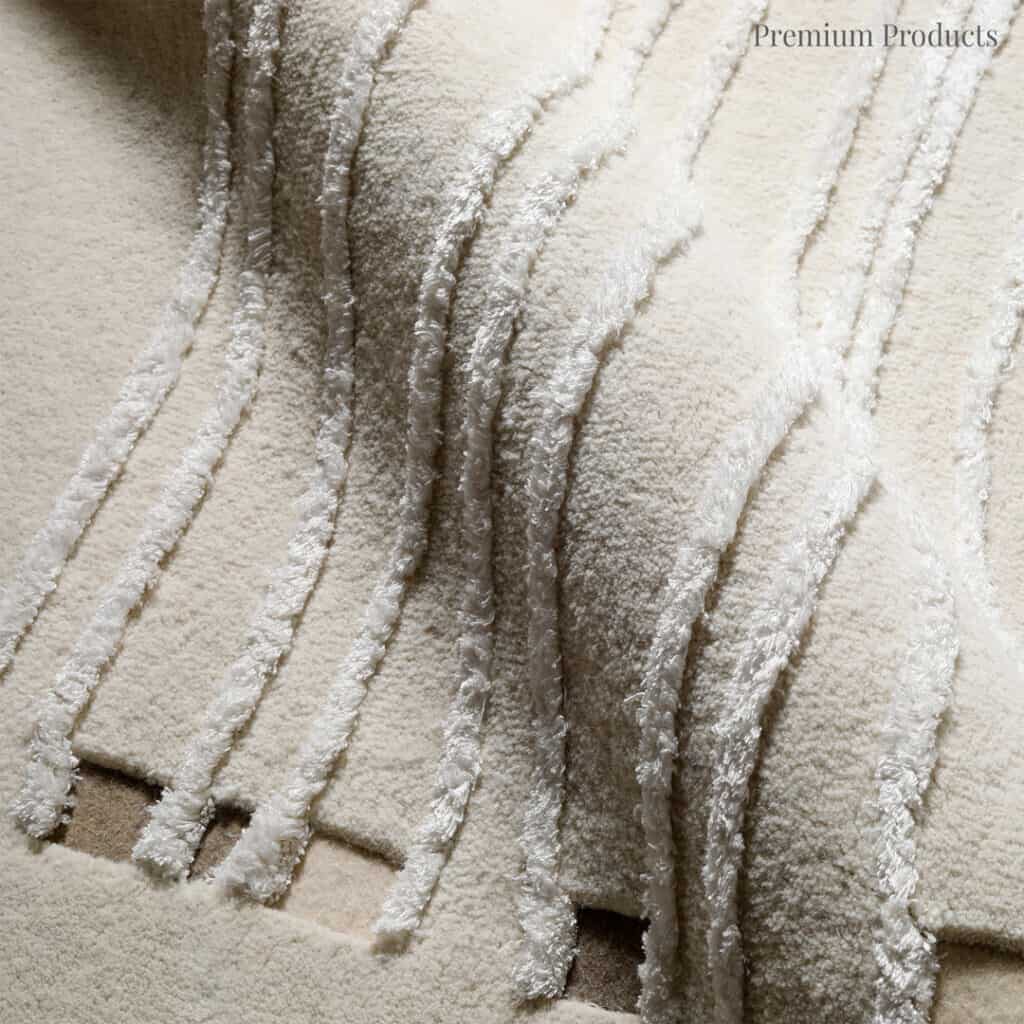
Premium Products
Even though several industries might be trading with the manufacturer, it shouldn’t necessarily imply that your products would be devoid of USPs. Since the control of design lies in your hand, the manufacturer is technically an employee. With unique selling points and marketing miracles, you might be able to develop patented products or designs. This will not only set the business apart from its competitors but also carve a niche for your unique products.
The retailer can give tips to the manufacturer as to what they require, including the ingredients, the techniques, and any other precise detail; the producer would be responsible for working on all the details that are distinctive to your brand and which fit your idea of the product. The specificity of the process not only ensures that the product is in a league of its own but also reduces the competition.
Understanding Customer Psyche
As understood, the production of the materials falls within the narrative of the manufacturer therefore the sole responsibility left is marketing the product. With ample time, the demand or desire for a certain product can be gauged. Focus groups, personalized interviews, and market research could be some of the few methods that must be made a priority. Using tools of sampling and analysis, a concrete conclusion can be drawn.

With the research data, the company should be able to figure out the opportunities that lie in the sector. A SWOT analysis could help pave the path for either discontinuing or increasing the frequency of a certain line. Thus, with adequate preparation, the psyche of the market can be calculated.
Developing the budget
Because it is the brand that employs the manufacturer, the duty of setting up a budget along with other core decisions of specific components lie with the brand. They can estimate the production costs and bargain regarding the wholesale nature of both the raw materials as well as the finished products. This will ensure that the brand supplies quality products to the end consumer while also aligning themselves with a higher profit margin. One of the biggest boons of private labeling is purchasing wholesale items from a single production house at a lesser rate as opposed to recruiting multiple firms. Thus, the production costs can be lessened to ensure a greater profit.


Gathering Customer Loyalty with Brand Image
All the organizations with a private-labeling product have certain USPs and specialize in premium products. It assures limited access to these items within the bounds of the retail shops. Though at times it can prove to be a tricky situation, it isn’t always the case. If the product is advertised well and the results of market research are positive then a customer base would eventually evolve. Though it is noted that you are competing with brands whose names precede themselves, however with a high-quality product and a constrained availability, would be more than enough to generate leads, traffic, and perhaps even sales. Once the customers are attached to your brand, owing to the collectible nature of the product, the loyalty would surge as well.
Expanding the business
A business is never one-dimensional. Even if you dabble in carpets or rugs in general and have a unique product, the obvious next step would be to bring forth another product line with the likes of comfort products such as cushions or bedspreads amongst other things. It is a simple and effective business strategy. It will validate the growth of the business with a steady rise in consumer traffic and give rise to additional and new ventures.
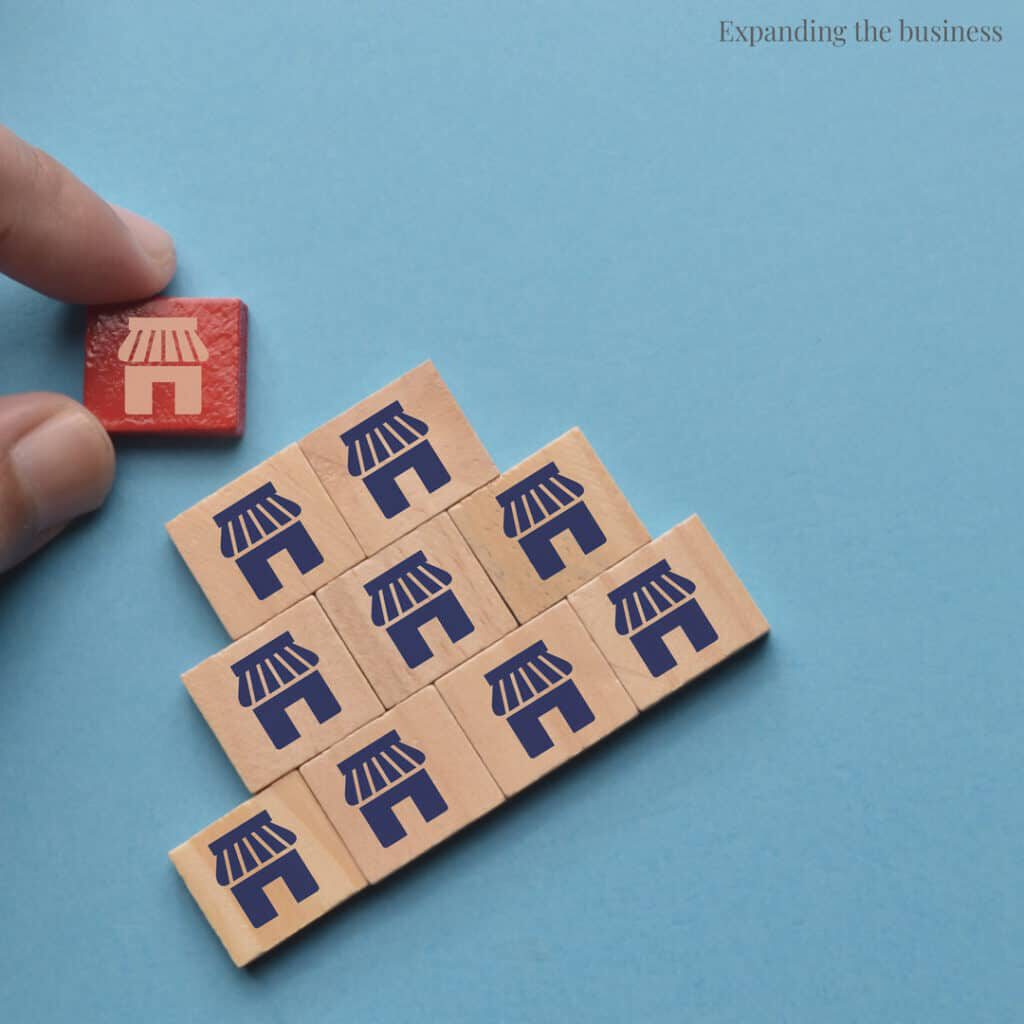
Private Labelling Stores are the demand of the current period. It helps the organization avoid building special warehouses or production galleries, therefore cutting the costs competently. It gives the chance to the businesses to grow and develop and focus on attracting customers while the heavy-duty work is done by the artisans. Whether it is a cosmetic brand, a food or beverage brand, or a textile brand, private labeling is available in all domains.
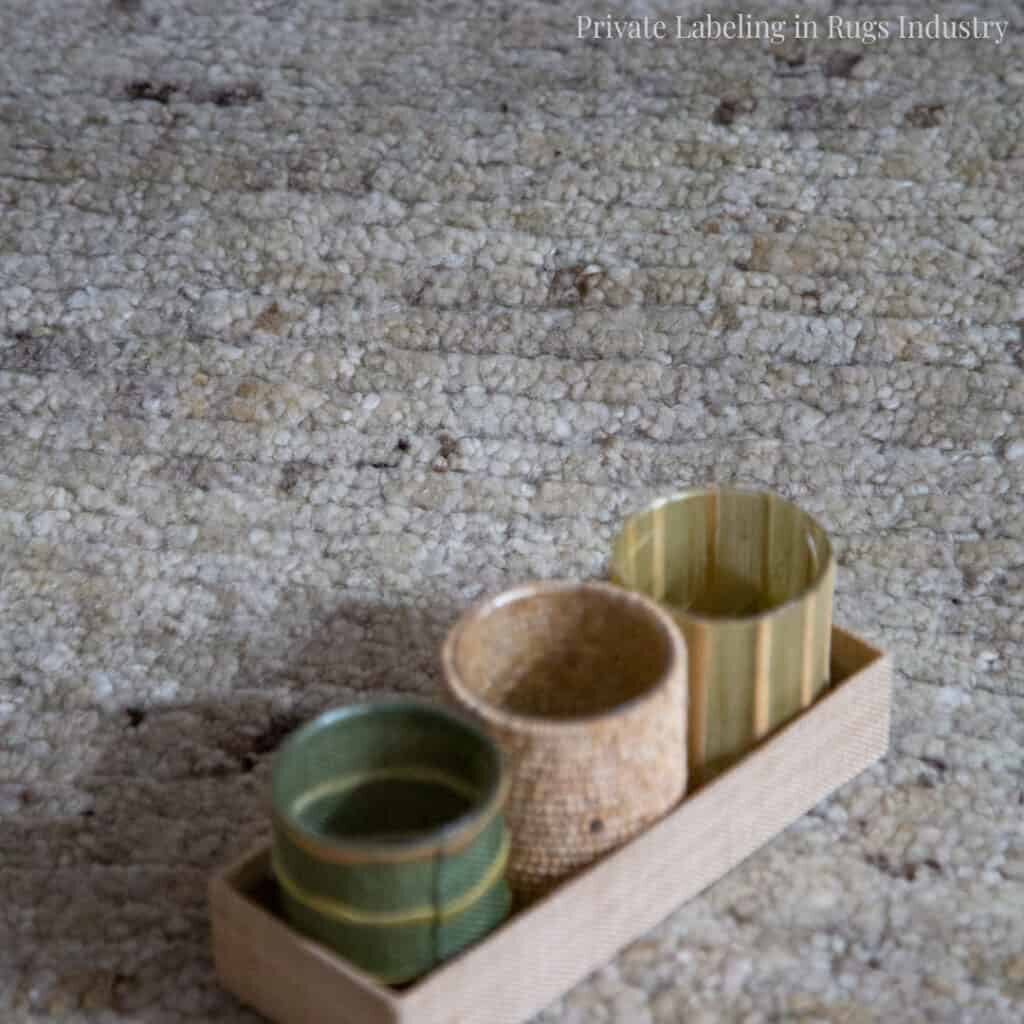
Private Labeling in Rugs Industry
Rugs and carpets are among the luxury furnishings that are gaining popularity with time. They often require space and infrastructure, and production is not possible in all parts of the world. Also, the cost involved varies as per the country of production. They, though, for an integral part of home décor, and private labeling in rugs helps establish unique business models. One of the examples for such an organization is MAT, which deals with the production of rugs and carpets and helps with the aspects of private labeling, thus making it easier for the business.
With its custom rug design service, MAT also essentially allows you to control the design, material, and other aspects of the product while taking the difficult parts of the production process into its control. At MAT, customizable USPs are often generated within a range of products to give a thriving edge to the businesses involved. Beneficial yet cost-effective.
